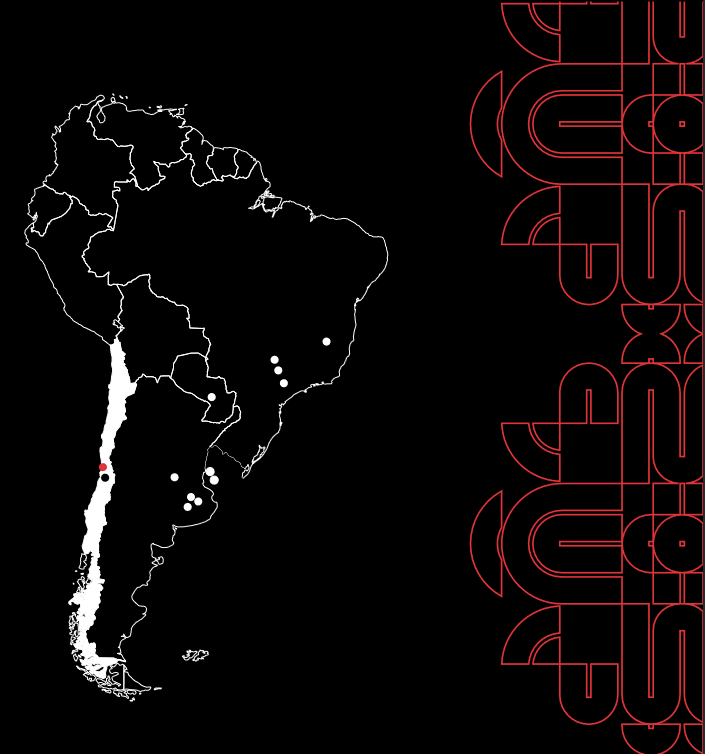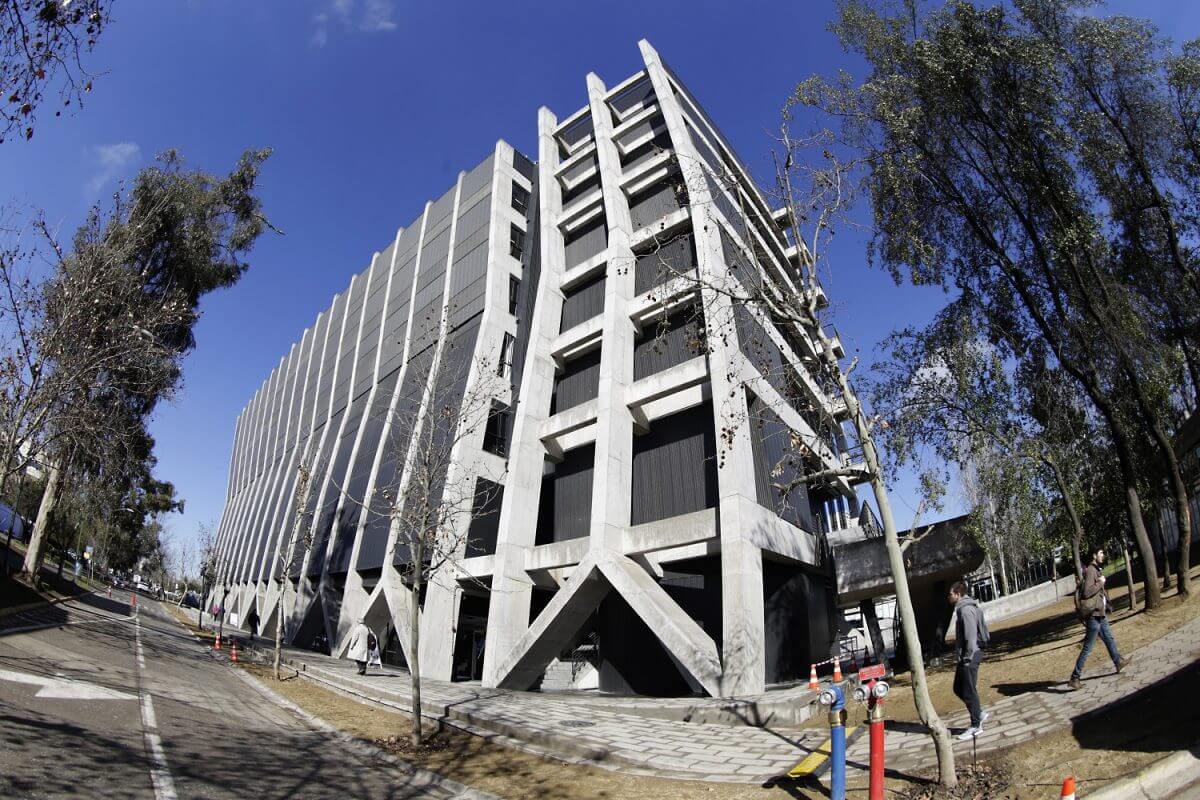

Research center
The Institute for Biological and Medical Engineering (IIBM UC) was founded in January 2016 as the first interdisciplinary academic unit of the Pontificia Universidad Católica de Chile, which is dedicated to research, teaching, and outreach, through an intergrated point of view between technology, health, and science. Additionally, it offers a MSc and PhD program in Biological and Medical Engineering and has a joint doctoral degree with King's College London.
IIBM UC is comprised of nineteen academics, developing cutting-edge research in the areas of brain-computer interfaces, biomedical imaging, biofilms, quantitative physiology, synthetic biology, biomechanics, tissue engineering, medical devices, protein engineering, biophysics and computational biology.


Research lines
The research areas associated with the biophysical, structural, functional, and evolutionary characterization of different proteins are conducted by the Laboratory of Protein Biophysics, Biochemistry, and Bioinformatics (PB³), which bridges the interaction between CEBEM and IIBM UC.
PB³ is led by César A. Ramírez-Sarmiento, Associate Professor at IIBM UC. PB³ employs experimental and computational strategies to unveil the folding, function, and evolution relationships of many proteins of biomedical and biotechnological interest.
Currently, their research focuses on the characterization of metamorphic proteins that undergo dramatic changes in their secondary and tertiary structure to regulate gene expression in bacteria, the characterization and engineering of enzymes that hydrolyze PET plastic, the development of open molecular kits for viral infection detection, and the engineering of photosynthetic organisms as oxygen carriers for tissue oxygenation in animals.
Instrumentation
- Jasco V-730 ST UV/Vis Spectrophotometer with temperature control, featuring 6 positions.
- Jasco FP-8350 Spectrofluorometer with anisotropy measurement capability.
- Synergy HTx Multimode Plate Reader.
- OpenTrons OT-2 process automation robot.
- Three Intel i7 computers equipped with NVIDIA Titan XP GPU cards.
- One Intel i9 computer equipped with NVIDIA RTX3080 GPU.
- Access to the Mazinger UC cluster (13 nodes, ~1000 CPUs, 2.5 TB RAM, 14 TB disk space, 10 Gbps Gigabit connection).
- Access to the National Laboratory for High-Performance Computing (NLHPC, 266 TFlops computing power, 274 TB disk space, InfinityBand connection).
- Av. Vicuña Mackenna 4860 - Edificio CyT piso 7 - Pontificia Universidad Católica de Chile - Región Metropolitana - Santiago, Chile
- César A. Ramírez-Sarmiento:cesar.ramirez@uc.clceramirezsarmiento@gmail.com






